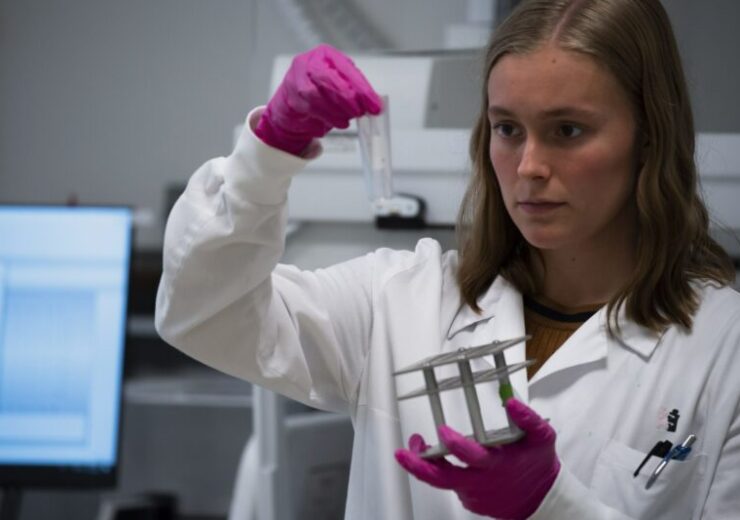The sample cohort primarily contains DNA of African Americans, who are said to be currently underrepresented in research for the clinical applications of genomics

Illumina and Nashville Biosciences have signed an agreement with Amgen to whole-genome sequence around 35,000 DNA samples. (Credit: PRNewswire/Illumina, Inc.)
DNA sequencing firm Illumina and Nashville Biosciences, a subsidiary of Vanderbilt University Medical Center (VUMC), have signed an agreement with Amgen to whole-genome sequence around 35,000 DNA samples.
The sample cohort mainly contains African Americans’ DNA. Currently, they are underrepresented in research for the clinical applications of genomics, including drug target discovery, Illumina said.
Illumina chief strategy and corporate development officer Joydeep Goswami said: “The whole-genome sequencing of these 35,000 samples will work toward greater diversity of genomic data to ultimately enable improved access to precision therapies for all people.”
The group of samples will be the first to be sequenced as part of the Alliance for Genomic Discovery (AGD), a multiyear cooperation between Illumina and Nashville Biosciences. The agreement between the duo aims to produce a premier clinico-genomic data collection and speed up the development of new therapeutics.
The AGD, which was launched in 2022, will work with biopharmaceutical firms to whole-genome sequence at least 250,000 de-identified human DNA samples from the BioVU biobank of VUMC for more than two and a half years.
The samples are connected to de-identified clinical data gathered from VUMC’s electronic medical records, and the patients who contributed to them gave their approval for study usage.
According to the terms of the deal, deCODE Genetics, an Amgen subsidiary, will use Illumina sequencing technology to undertake whole-genome sequencing on the 35,000 samples and upload the results to the Illumina Connected Analytics platform.
DeCODE genetics founder Kári Stefánsson said: “deCODE’s sophisticated human data capabilities are well positioned to sequence these samples and analyze the resulting data to provide a better scientific understanding of disease through the context of human diversity.
“Insights from human data, including both genetics and clinical records, can help inform how medicines may affect different patient populations.”
The data gathered will be analysed by researchers for the development of new drugs and treatments. Additionally, the information will be given back to BioVU so that it can be used for academic study by Vanderbilt students.
